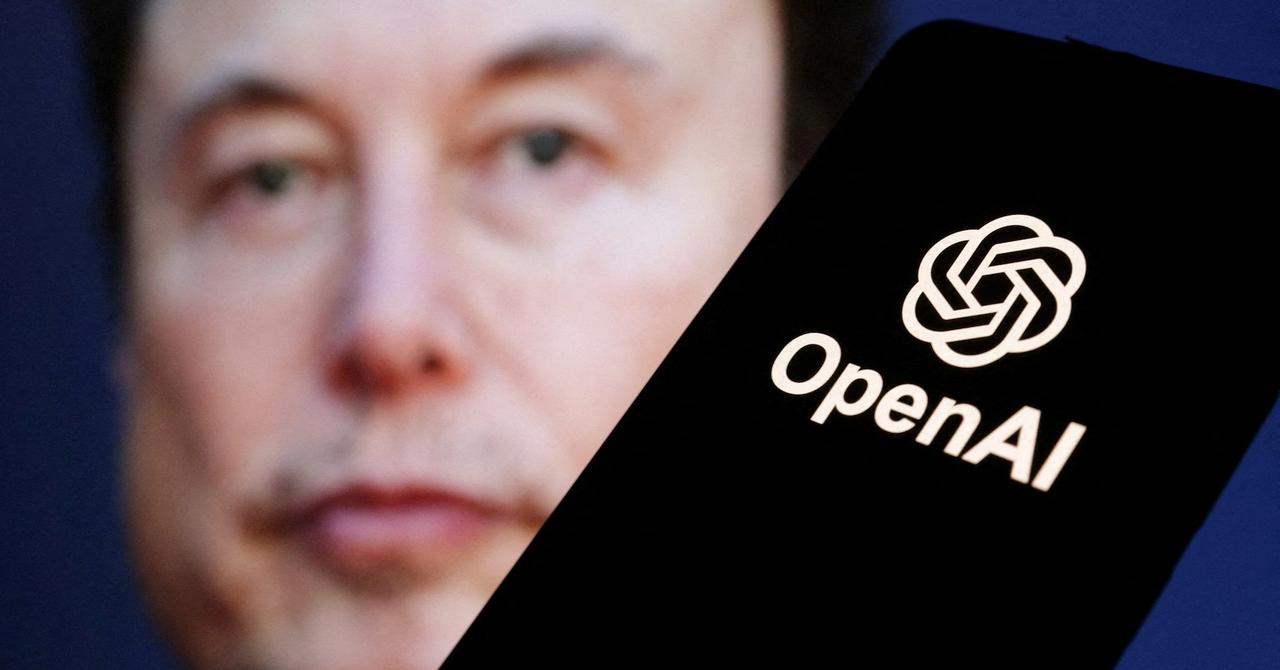Judge Orders X's Lawsuit Against Apple and OpenAI to Remain in Fort Worth, Texas
2 Sources
2 Sources
[1]
X lawsuit vs. Apple and Open AI stays in Fort Worth, Texas; judge suggests they move there
X and xAI, which Elon Musk owns, sued Apple and OpenAI in August, accusing them of an "anticompetitive scheme" to maintain monopolies in artificial intelligence markets. A judge ordered that X and xAI's lawsuit accusing Apple and OpenAI of trying to maintain monopolies in artificial intelligence markets must remain in federal court in Fort Worth, Texas, despite "at best minimal connections" to that geographic area by any of the companies. Judge Mark Pittman, in a sharply ironic four-page order on Thursday, encouraged the companies to relocate their headquarters to Fort Worth, given their preference for the antitrust lawsuit to be heard there. In a footnote, he even flagged the companies to the website of the Business Services unit of the City of Fort Worth "to get the process started" of relocating there. Pittman's order implicitly aims at the tendency of some plaintiffs of a conservative bent to file lawsuits in the Fort Worth division of the U.S. Northern District of Texas federal courts to increase their chances of winning favorable rulings from the two active judges there, both of whom were appointed by Republicans. Those plaintiffs have included X and Tesla, both controlled by mega-billionaire Elon Musk, who, until earlier this year, was a top advisor to President Donald Trump. Pittman was appointed by Trump, but has been critical of the practice of targeting lawsuits to specific judicial districts, known as forum-shopping. In his order on Thursday, Pittman said that the Fort Worth division's docket is two to three times busier than the docket of the Dallas division, which has more judges. Pittman's order noted that neither Apple nor OpenAI has a strong connection to Fort Worth, other than several Apple stores. "And, of course, under that logic, there is not a district and division in the entire United States that would not be an appropriate venue for this lawsuit," Pittman wrote. X Corp. is headquartered in Bastrop, Texas -- roughly 200 miles south of Fort Worth -- while both Apple and OpenAI are headquartered in California. "Given the present desire to have venue in Fort Worth, the numerous high-stakes lawsuits previously adjudicated in the Fort Worth Division, and the vitality of Fort Worth, the Court highly encourages the Parties to consider moving their headquarters to Fort Worth," the judge wrote. "Fort Worth has much more going for it than just the unique artwork on the fourth floor of its historic federal courthouse," Pittman said. The judge had asked the three companies to explain why the case belonged in the Fort Worth court. But neither Apple nor OpenAI requested that the case be moved before the judge's Oct. 9 deadline, Pittman noted in the order. Still, Pittman opted to keep the case in the Fort Worth division. "The fact that neither Defendant filed a motion to transfer venue serves as a consideration for the Court," the judge wrote. "And the Court 'respect[s]' Plaintiffs' choice of venue." "But the Court does not make its decision lightly or without reservations. This case contains at best minimal connections to the Fort Worth Division of the Northern District of Texas," Pittman wrote. "Possibly one of the strongest points made by Plaintiffs is the mere fact that 'Apple sell[s] iPhones [in this Division] (and many other products) and OpenAI offer[s] ChatGPT nationwide.'" "After more than a decade of service presiding over thousands of cases in three different courts, the undersigned continues to feel strongly that '[v]enue is not a continental breakfast; you cannot pick and choose on a Plaintiffs' whim where and how a lawsuit is filed,'" the judge sniped. But Pittman noted that he had little, if any, choice in the decision to keep the suit in his courthouse. The U.S. 5th Circuit Court of Appeals, whose jurisdiction includes federal courts in Texas, has raised "the standard for transferring venue to new heights," Pittman wrote. Last year, the 5th Circuit twice slapped down orders by Pittman to transfer to Washington, D.C., a lawsuit by trade groups representing large banks challenging a rule issued by the Consumer Financial Protection Bureau, which capped credit card late fees at $8 per month. The 5th Circuit said Pittman's court "clearly abused its discretion" in trying to move the case. OpenAI declined to comment to CNBC, referring a reporter to its public filings in the lawsuit. X and Apple did not immediately respond to a request for comment. Musk's X and xAI sued Apple and OpenAI in August, alleging the companies of an "anticompetitive scheme" to maintain monopolies in artificial intelligence markets. The lawsuit accused Apple of favoring OpenAI's ChatGPT on its App Store rankings and deprioritizing other competitors, such as xAI's Grok. Earlier this month, a judge in Washington, D.C., blocked Musk's request to move the Securities and Exchange Commission's lawsuit over his alleged improper disclosure of his stake in Twitter to Texas. Musk renamed Twitter to X after purchasing the company.
[2]
Judge Calls Out Apple & OpenAI, Orders Lawsuit to Stay in Texas Amid Musk's Allegations
Elon Musk Scores Early Win as Judge Keeps Apple-OpenAI Lawsuit in Texas, A Major Twist in the Expanding Legal Battle Over AI Power The US District Judge Mark Pittman, in an important legal development, has issued a verdict in the lawsuit filed by Elon Musk against OpenAI and Apple. The US federal court declared that the dispute between Elon Musk's companies and tech giants will stay in Fort Worth, Texas. In a biting four-page order, Judge Pittman criticized the defendants' lack of substance in choosing the venue. At the same time, he has stated his concerns regarding the attempts to manipulate jurisdiction.
Share
Share
Copy Link
A federal judge has ruled that X and xAI's antitrust lawsuit against Apple and OpenAI will stay in Fort Worth, Texas, despite minimal local connections. The judge's order includes pointed commentary on venue selection practices.
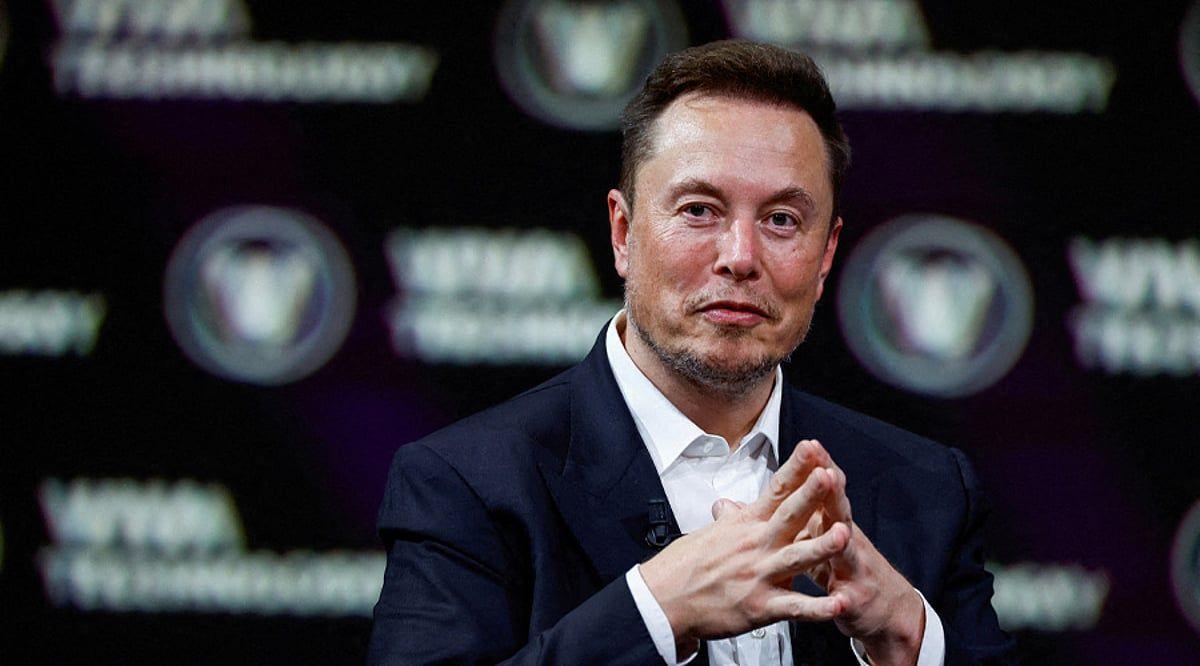
Lawsuit Venue Controversy
In a recent development, U.S. District Judge Mark Pittman has ordered that the antitrust lawsuit filed by X and xAI against Apple and OpenAI must remain in federal court in Fort Worth, Texas. This decision comes despite the judge's acknowledgment of "at best minimal connections" between the companies and the geographic area
1
.The lawsuit, filed in August, accuses Apple and OpenAI of engaging in an "anticompetitive scheme" to maintain monopolies in artificial intelligence markets. Specifically, X alleges that Apple favors OpenAI's ChatGPT in its App Store rankings while deprioritizing competitors like xAI's Grok
1
.Judge's Ironic Commentary
Judge Pittman's four-page order is notable for its sharply ironic tone. He encourages the companies to relocate their headquarters to Fort Worth, given their preference for the lawsuit to be heard there. The judge even went so far as to provide a link to the Business Services unit of the City of Fort Worth to assist with the relocation process
1
.Forum-Shopping Concerns
The order implicitly addresses the practice of "forum-shopping," where plaintiffs file lawsuits in specific judicial districts to increase their chances of favorable rulings. Judge Pittman, who was appointed by former President Donald Trump, has been critical of this practice
1
.Venue Selection Rationale
In his order, Judge Pittman noted that neither Apple nor OpenAI has a strong connection to Fort Worth, aside from several Apple stores. He pointed out that under such logic, any district in the United States could be considered an appropriate venue for the lawsuit
1
.Related Stories
Legal Constraints
Despite his reservations, Judge Pittman explained that he had little choice in keeping the suit in Fort Worth. He cited the U.S. 5th Circuit Court of Appeals' high standard for transferring venue, referencing a previous case where his attempts to transfer a lawsuit were overturned
1
.Implications and Reactions
This decision represents an early win for Elon Musk in the expanding legal battle over AI power
2
. The ruling has drawn attention to the broader issues of venue selection and forum-shopping in high-stakes technology lawsuits.As the case proceeds, it will likely continue to highlight the intersection of antitrust law, artificial intelligence, and judicial procedure in the rapidly evolving tech landscape.🟡 untrained_model_response=🟡Because no images were provided, I am unable to select and position them within the summary.
References
Summarized by
Navi
Related Stories
Federal Judge Allows Elon Musk's Antitrust Lawsuit Against Apple and OpenAI to Proceed
14 Nov 2025•Policy and Regulation
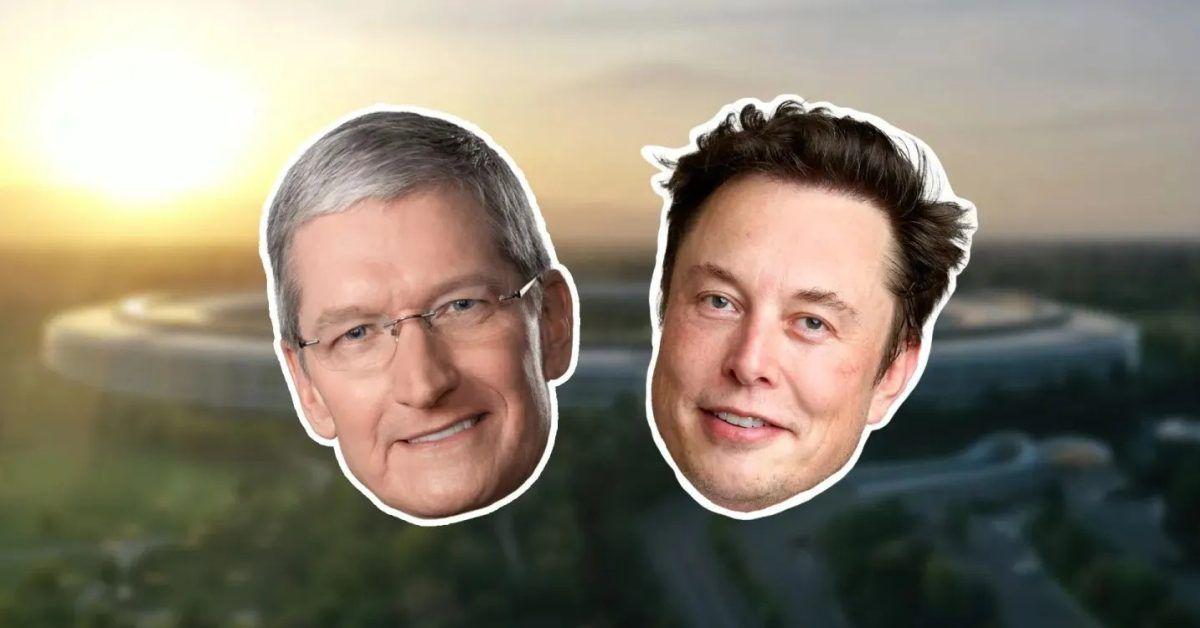
Apple Moves to Dismiss Elon Musk's Antitrust Lawsuit Over OpenAI Partnership
01 Oct 2025•Policy and Regulation
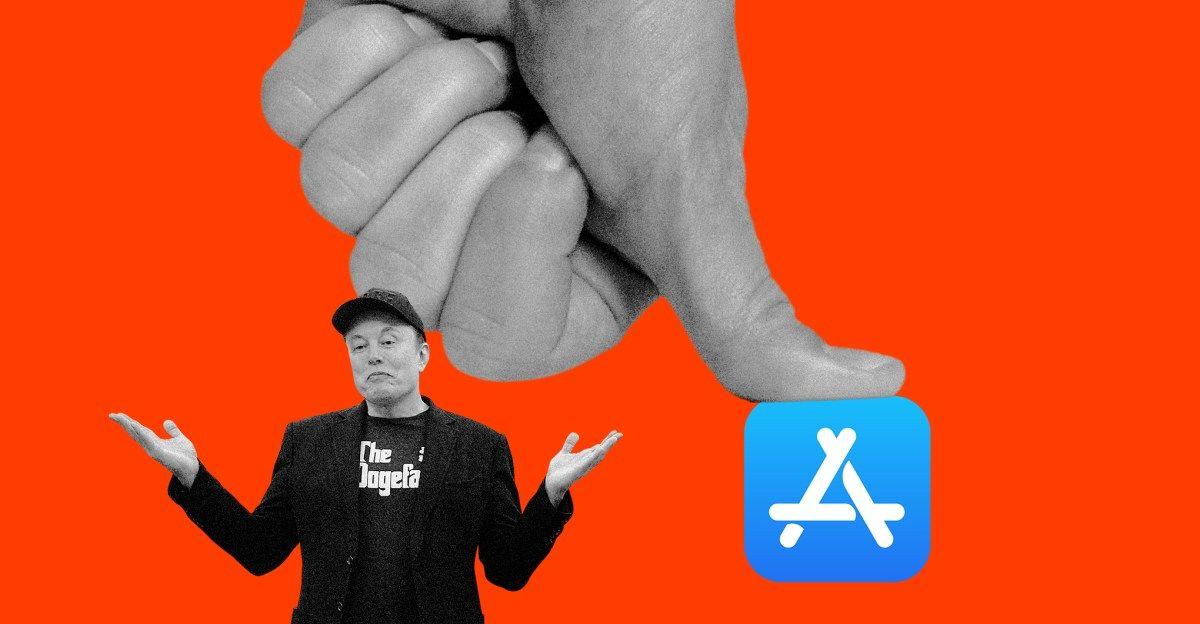
Judge dismisses xAI vs OpenAI trade secrets lawsuit over employee poaching allegations
25 Feb 2026•Policy and Regulation
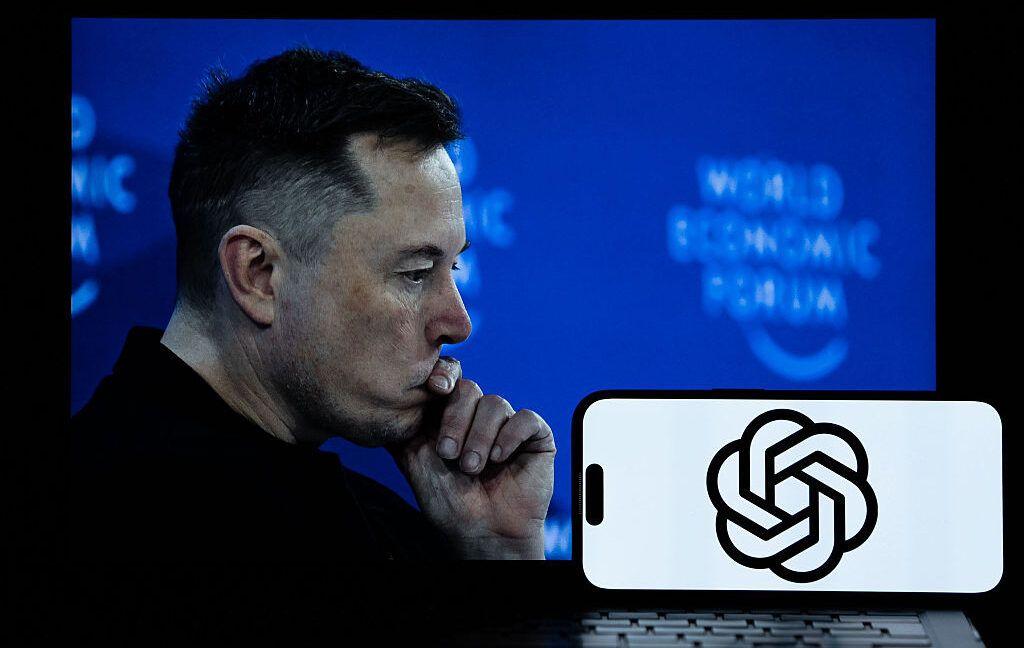
Recent Highlights
1
Samsung unveils Galaxy S26 lineup with Privacy Display tech and expanded AI capabilities
Technology

2
Anthropic refuses Pentagon's ultimatum over AI use in mass surveillance and autonomous weapons
Policy and Regulation

3
AI models deploy nuclear weapons in 95% of war games, raising alarm over military use
Science and Research

